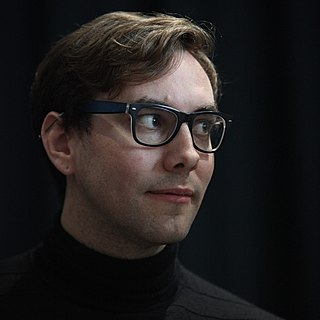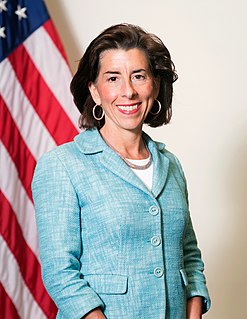A Quote by James Sanborn
I chose to deal with the science of cryptography. Cryptography began in mathematics. Codes were developed, even from Caesar's time, based on number theory and mathematical principles. I decided to use those principles and designed a work that is encoded.
Related Quotes
I believed then, and continue to believe now, that the benefits to our security and freedom of widely available cryptography far, far outweigh the inevitable damage that comes from its use by criminals and terrorists. I believed, and continue to believe, that the arguments against widely available cryptography, while certainly advanced by people of good will, did not hold up against the cold light of reason and were inconsistent with the most basic American values.
It is (our) duty . . . to pay especial attention to the principles of government which shall be inculcated therein (at the University), and to provide that none shall be inculcated which are incompatible with those on which the Constitutions of this State, and of the United States were genuinely based, in the common opinion; and for this purpose it may be necessary to point out specially where these principles are to be found legitimately developed.
Here is a quilted book about mathematical practice, each patch wonderfully prepared. Part invitation to number theory, part autobiography, part sociology of mathematical training, Mathematics without Apologies brings us into contemporary mathematics as a living, active inquiry by real people. Anyone wanting a varied, cultured, and penetrating view of today's mathematics could find no better place to engage.
Sometimes we forge our own principles and sometimes we accept others' principles, or holistic packages of principles, such as religion and legal systems. While it isn't necessarily a bad thing to use others' principles - it's difficult to come up with your own, and often much wisdom has gone into those already created - adopting pre-packaged principles without much thought exposes you to the risk of inconsistency with your true values.
Because God is perfect, his handiwork functions in accord with immutable principles. By the full use of our God-given powers of reason and observation, it ought to be possible to discover these principles.
These were the crucial ideas that explain why science arose in Christian Europe and no where else.




































